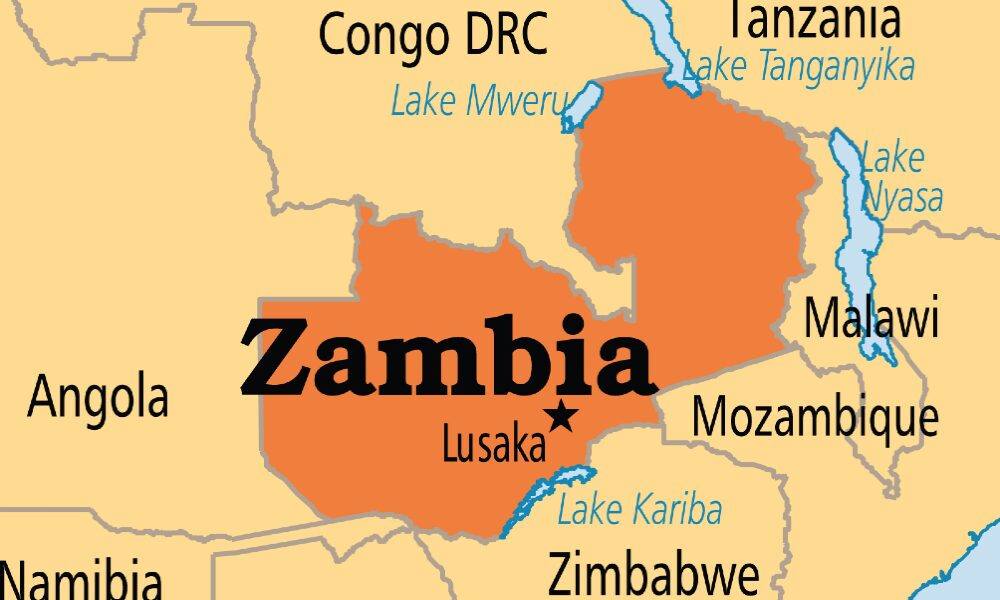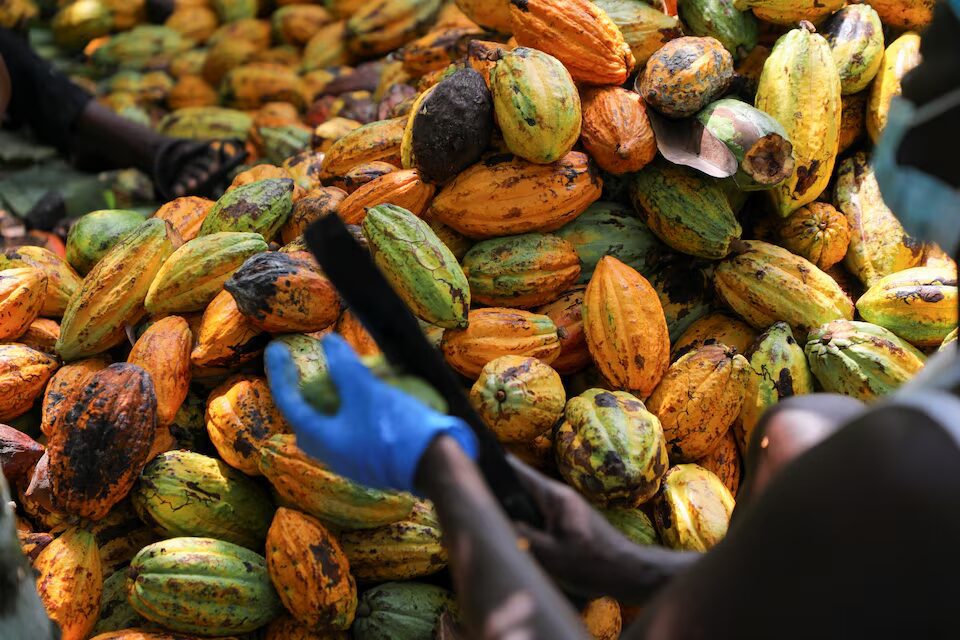
Wednesday 14th May 2025

非洲记者报道
When senior leaders from the African Development Bank and the Islamic Development Bank met in Abidjan on April 22–23, 2025, they were not merely exchanging pleasantries they were forging a model for how development institutions can unite their strengths to tackle fragility across the continent. In a two‑day technical dialogue, both banks committed to aligning their strategies, sharing expertise, and coordinating investments to ensure that countries facing instability have the support they need to build lasting resilience.
At the heart of their discussions was the recognition that many African states grapple with complex, interlinked challenges weak governance, climate shocks, and humanitarian crises that cannot be solved in isolation. Yero Baldeh, Director of the Transition States Coordination Office at the African Development Bank, emphasized that the partnership “reinforces our shared vision of addressing complex challenges through tailored, context‑specific approaches.” By synchronizing methodologies, the two institutions aim to deliver integrated solutions that go beyond traditional crisis response and move toward anticipatory action and prevention.
A key outcome of the meeting was agreement on a joint technical working group, slated to operationalize the partnership over 2025–2026. This group will coordinate financial instruments such as grants from the African Development Bank’s Transition Support Facility (which allocated over $610 million to fragile contexts in 2024) and Sharia‑compliant financing tools from the Islamic Development Bank to ensure they complement one another rather than overlap. The goal is for governments in transition to access a seamless package of resources, from emergency relief to long‑term development financing.
Climate security emerged as a central theme. Both banks acknowledged that environmental stressors droughts, floods, and food insecurity often precipitate social unrest. By pooling data and co‑financing climate‑adaptive infrastructure, they plan to mitigate risks before they spiral into humanitarian disasters. Discussions included piloting hybrid approaches that combine green bonds, regional climate funds, and community‑driven adaptation projects, with an eye toward scalable models that can be replicated across the Sahel and Horn of Africa.
Representatives from each bank highlighted the value of shared knowledge. Ahmed Berthe, the IsDB’s Lead NGO and Civil Society Specialist, noted that the African Development Bank’s practice of embedding civil society in project design has yielded important lessons on local ownership and accountability. Conversely, the IsDB’s experience in structuring faith‑aligned financial products offers pathways to mobilize Islamic philanthropy and waqf endowments for resilience projects. Together, they will document best practices and roll out joint training for government officials, civil society, and private‑sector partners.
Transparency and mutual accountability underpinned every session. Both banks agreed to harmonize their monitoring and evaluation frameworks, ensuring that impact metrics from the number of communities reached to improvements in early warning systems are measured consistently. This alignment will make reporting more straightforward for recipient countries and enhance donor confidence in joint operations.
By knitting together their comparative advantages, the African Development Bank and the Islamic Development Bank are setting the stage for a new era of collaboration one where strategic alliances deliver higher impact than any institution could achieve alone. As they move from dialogue to action, the focus remains clear: building resilient societies that can withstand shocks, sustain growth, and chart their own paths to prosperity.


